This morning (November 12), continuing the 8th session, the National Assembly questioned the field of information and communication (ICT).
Strengthening policy communication
Delegate Pham Van Hoa (Dong Thap delegation) raised the issue of whether the negative situation of reporters and editors in recent times is due to the explosion of specialized newspapers and magazines in various fields, leading to low professional quality, going far from the purpose and objectives, and violating the law.
Delegate Hoa asked Minister of Information and Communications Nguyen Manh Hung to clarify the cause of the above situation and provide solutions to create healthy competition between online advertising and traditional information?
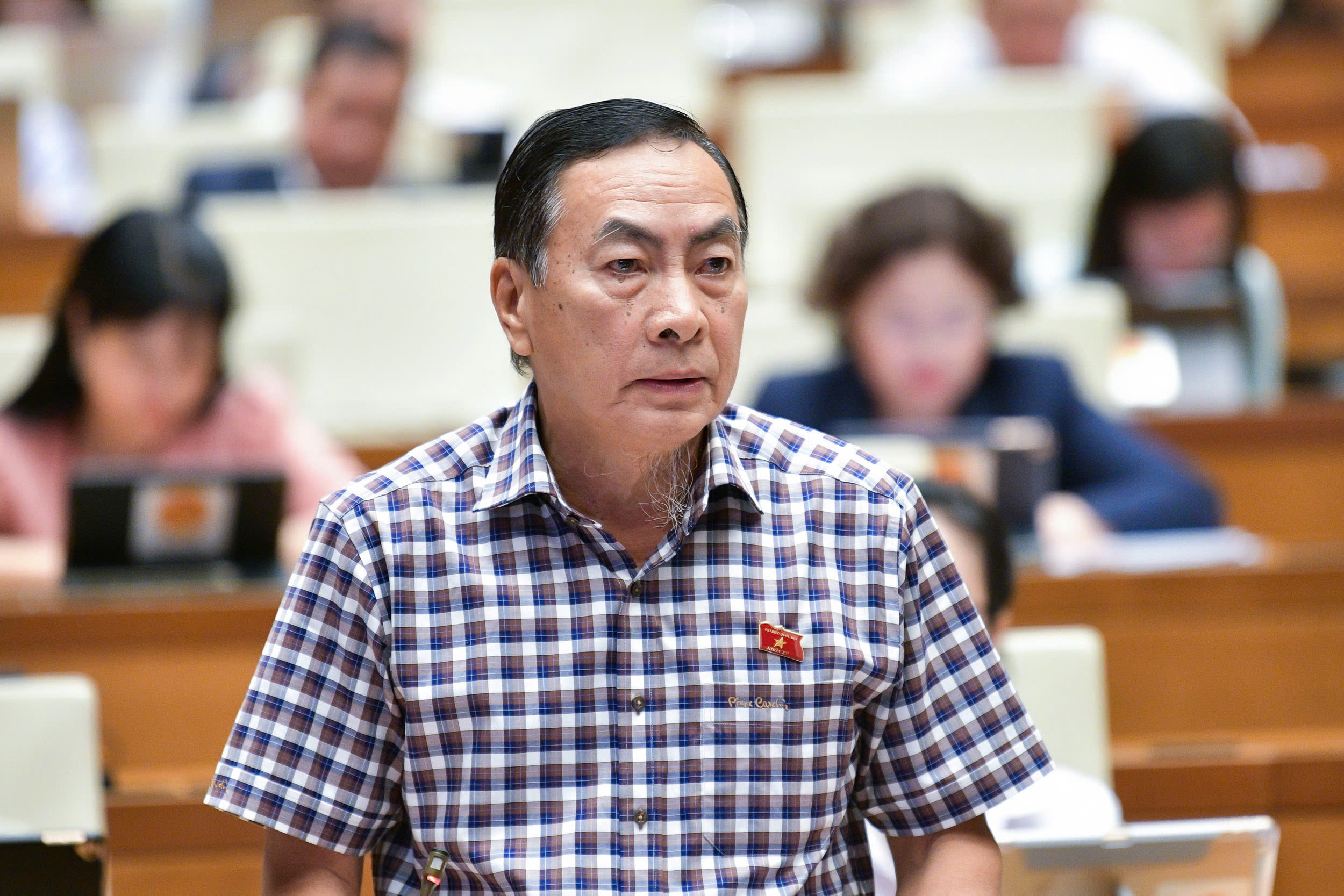
Delegate Pham Van Hoa (Dong Thap delegation).
Responding to this issue, Minister Nguyen Manh Hung said that according to a 2018 study by an organization on professional reputation, reporters and journalists ranked 9th out of 10 surveyed occupations, with online real estate sellers ranking 10th.
Journalists' ethics have received a lot of attention in recent years. In 2022, the organization conducted a survey and found that journalists ranked third, after teachers and doctors.
Regarding the press economy, Mr. Hung said that 80% of online advertising that used to belong to newspapers now falls on social networks. The revenue of press agencies has decreased significantly.
In 2023, the Prime Minister issued a directive on policy communication, clearly stating that authorities at all levels must consider policy communication as their task, have an apparatus, and have an annual budget to place orders for the press. This is an additional source for the press in terms of press economics.
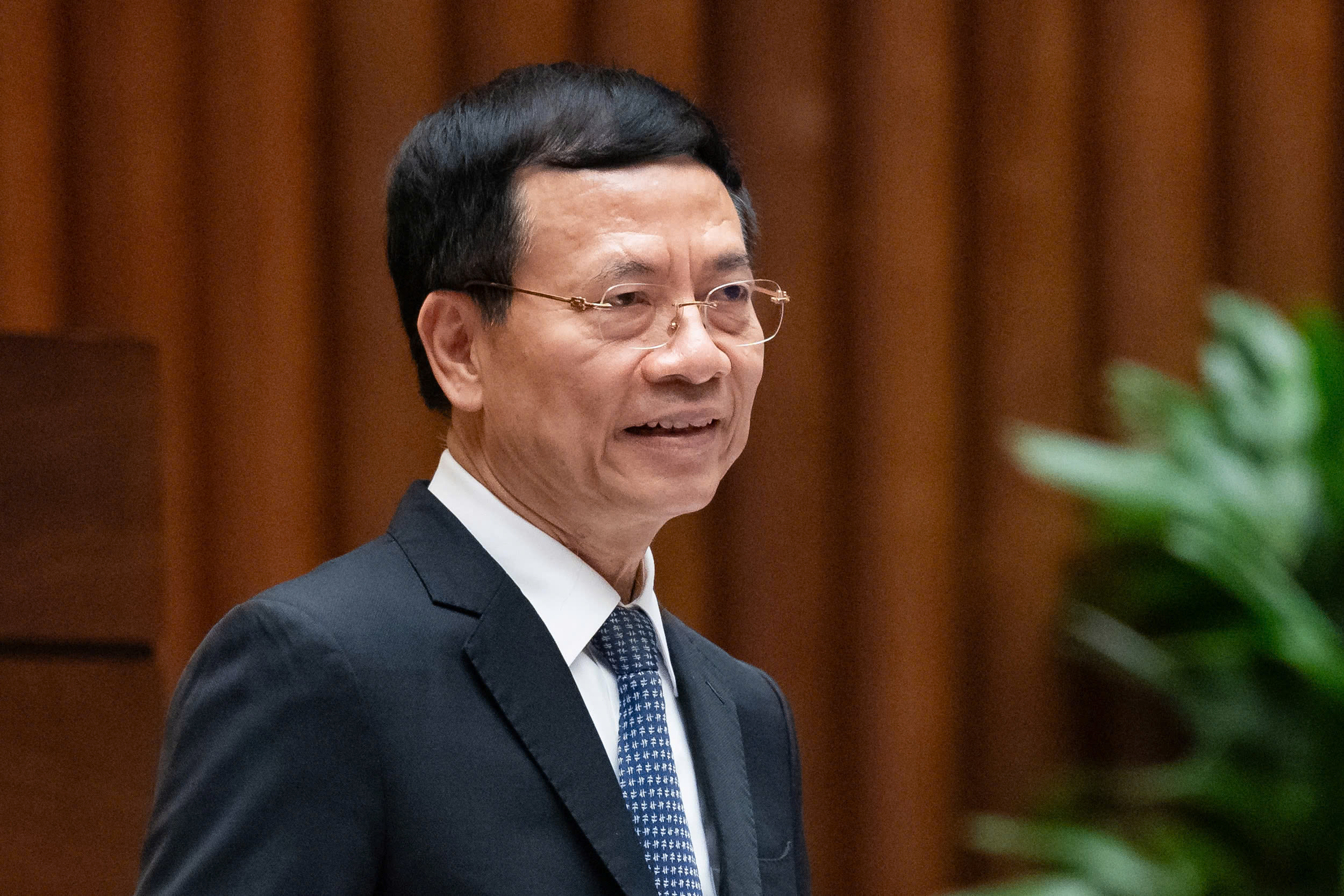
Minister of Information and Communications Nguyen Manh Hung.
According to Minister Hung, the press must also change technology, not losing in terms of content but losing in terms of technology. There needs to be a national digital transformation strategy for the press to bring press technology on par with social networking platforms.
Mr. Hung emphasized that the ethics of journalists are the most important. "The Ministry of Information and Communications, the Propaganda Department, and the Journalists Association have determined that this term will focus on the issue of professional ethics for journalists," said the Minister.
The press needs to guide and lead public opinion on social networks.
Delegate Nguyen Thi Yen Nhi (Ben Tre delegation) questioned the phenomenon of "everyone doing journalism, every household doing journalism", setting up private channels online to sell products and spread false information. She asked the Minister for solutions to resolve the above situation and solutions to enhance the role of the mainstream press?
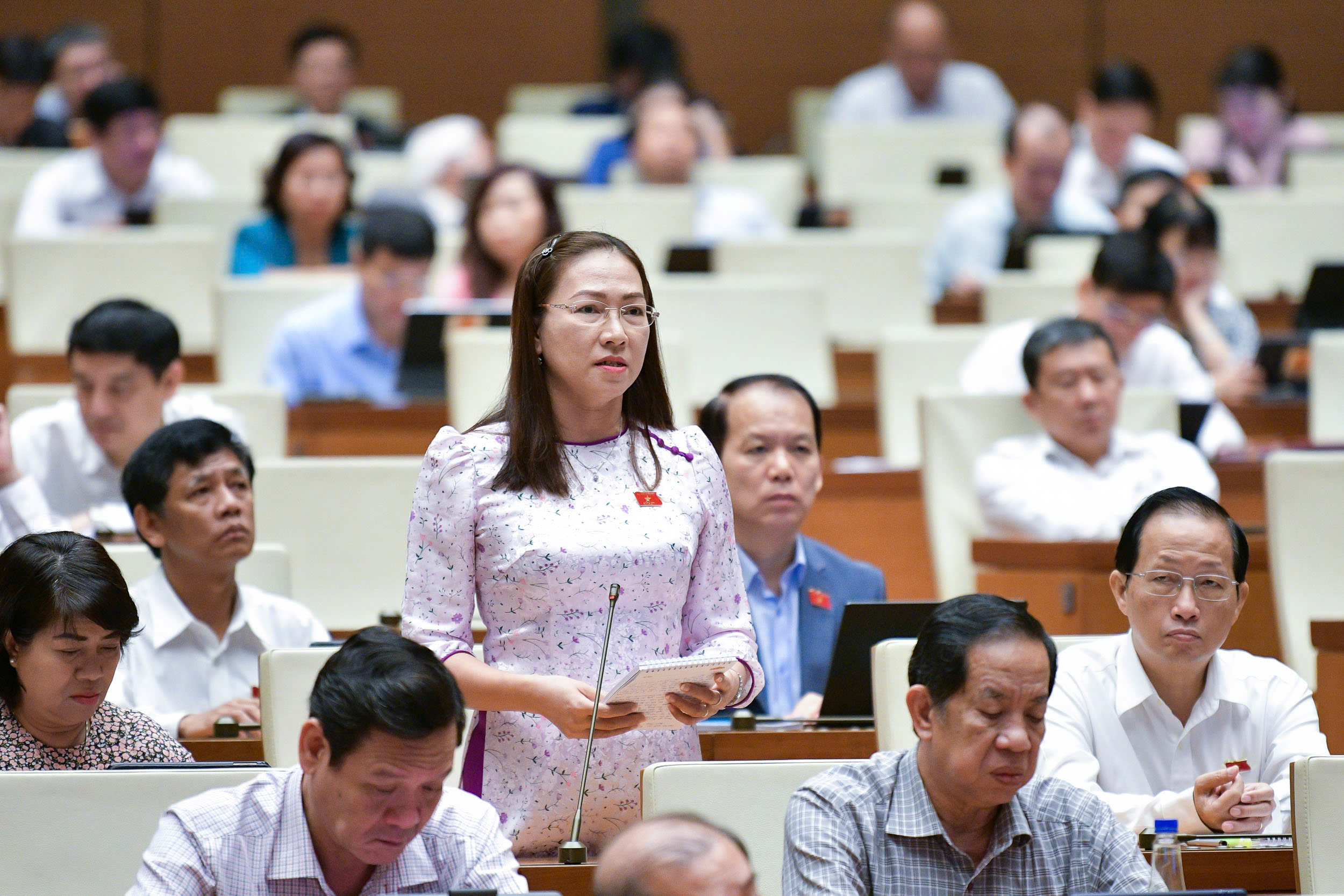
Delegate Nguyen Thi Yen Nhi (Ben Tre delegation).
The Minister of Information and Communications said that when social networks were born, they "took away the jobs" of the press because social networks reported news faster and there were tens of millions of "reporters" everywhere.
Therefore, according to him, the press must be different from social networks by providing authentic and responsible information. Instead of reporting, it must analyze and evaluate. Instead of commenting, it must provide solutions, orientation and guidance for society.
"Information from the press must guide the flow in cyberspace. The Ministry of Information and Communications and the Central Propaganda Department have identified this as the main direction to redefine the position and role of the press," said Mr. Hung.
He reaffirmed that the press must use social media technology to do journalism, considering social media as a tool and a platform to better popularize journalism, and that journalism must be different from social media to be able to maintain its position.
Increase budget for press
Participating in the questioning, delegate Ta Thi Yen (Dien Bien delegation) asked the Minister of Information and Communications to provide directions to improve the quality of traditional journalism and ensure the vanguard role of journalism on the cultural and ideological front, in the context of fierce competition with online platforms.
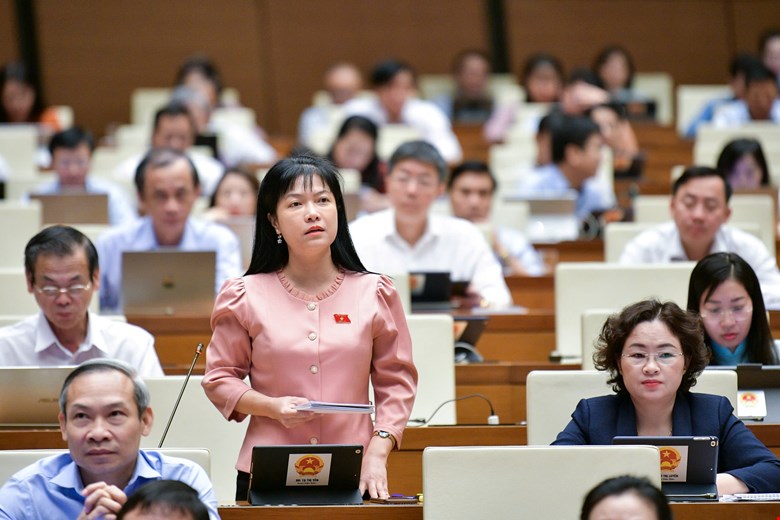
Delegate Ta Thi Yen, Deputy Head of Delegation Affairs, National Assembly Delegation of Dien Bien province.
Responding to delegate Yen, Minister Nguyen Manh Hung said "revolutionary journalism must be nourished by the revolution".
Many years ago, when the market economy was new in Vietnam, businesses had to advertise to sell products so they spent a lot of money on advertising and at that time the only means available was the press.
Despite their desire for greater autonomy and flexibility, traditional media outlets are facing a major challenge as online advertising revenue is taken over by social media. This is becoming more difficult as the number of media outlets increases while revenue declines.
Mr. Hung said that in the Prime Minister's directive on policy communication, ministries and local agencies must consider communication as their own work and must have annual budgets to carry it out. And since last year, agencies have increased their budgets for the press.
When amending the upcoming Press Law, the Ministry will have a section on press economics, allowing large press agencies to do business in content and media fields.
Believing that if the press follows social networks, it will be left behind, the Minister of Information and Communications hopes that the press must have a different approach, which is to return to core values, use digital technology, regain the position, increase the number of readers, and attract advertising.
"In the press planning, the State focuses on investing in key areas for 6 key press agencies to become media forces, creating special conditions and mechanisms for them. I hope the National Assembly will support the Government in building special mechanisms for key press agencies," said Minister Nguyen Manh Hung.
Social media platforms must scan and remove bad and toxic information.
Pointing out that the explosion of social networks has led to many negative consequences, notably fake news, untrue news, causing public confusion and negative impacts on society, delegate Nguyen Duy Thanh (Ca Mau delegation) asked the Minister of Information and Communications to share solutions to prevent this situation.
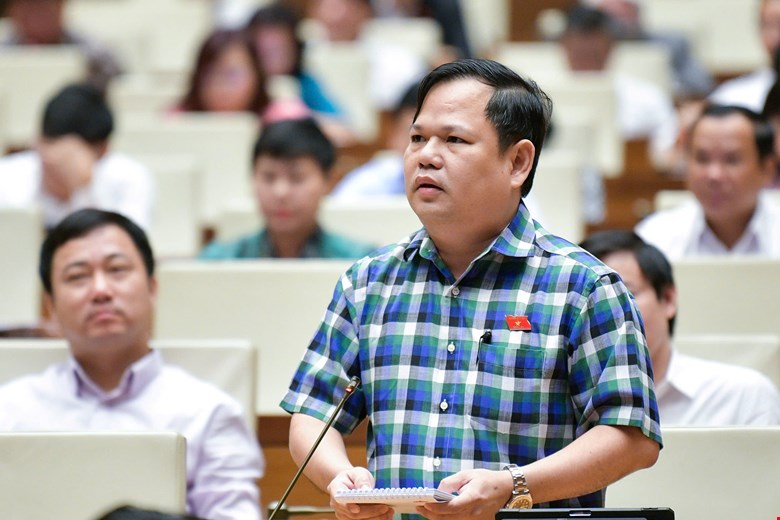
Delegate Nguyen Duy Thanh (Ca Mau delegation).
Affirming that information management on social networks is a common global challenge, Minister Nguyen Manh Hung said that Vietnam is actively perfecting the legal framework to strictly handle violations of the law in cyberspace.
Previously, regulations were in place to punish individuals who used social networks to spread false information, but recently there has been a decree to punish social networking platforms when they violate Vietnamese law.
The Commander of the Information and Communications Industry believes that social networking platforms have a great responsibility in autonomously managing content, ensuring that accurate and healthy information is spread. Because they have their own space, their own subscribers of hundreds of millions to billions of users.
"Social networking platforms must be responsible for scanning, detecting and automatically removing bad and toxic information," said the Minister of Information and Communications.
Considering that digital space is still new to many people and adaptation takes time, Minister Nguyen Manh Hung emphasized the task of strengthening communication and education to help people resist in digital space, improve their ability to recognize and avoid misinformation.
People affected by false news can contact the National and local Fake News Centers to report and request help.
Negative reporters are just "a few bad apples that spoil the barrel"
Pointing out the situation where some press agencies often expose the negative side of businesses for personal gain, and some reporters are negative, delegate Nguyen Dai Thang (Hung Yen delegation) asked the Minister of Information and Communications to share solutions to overcome this.
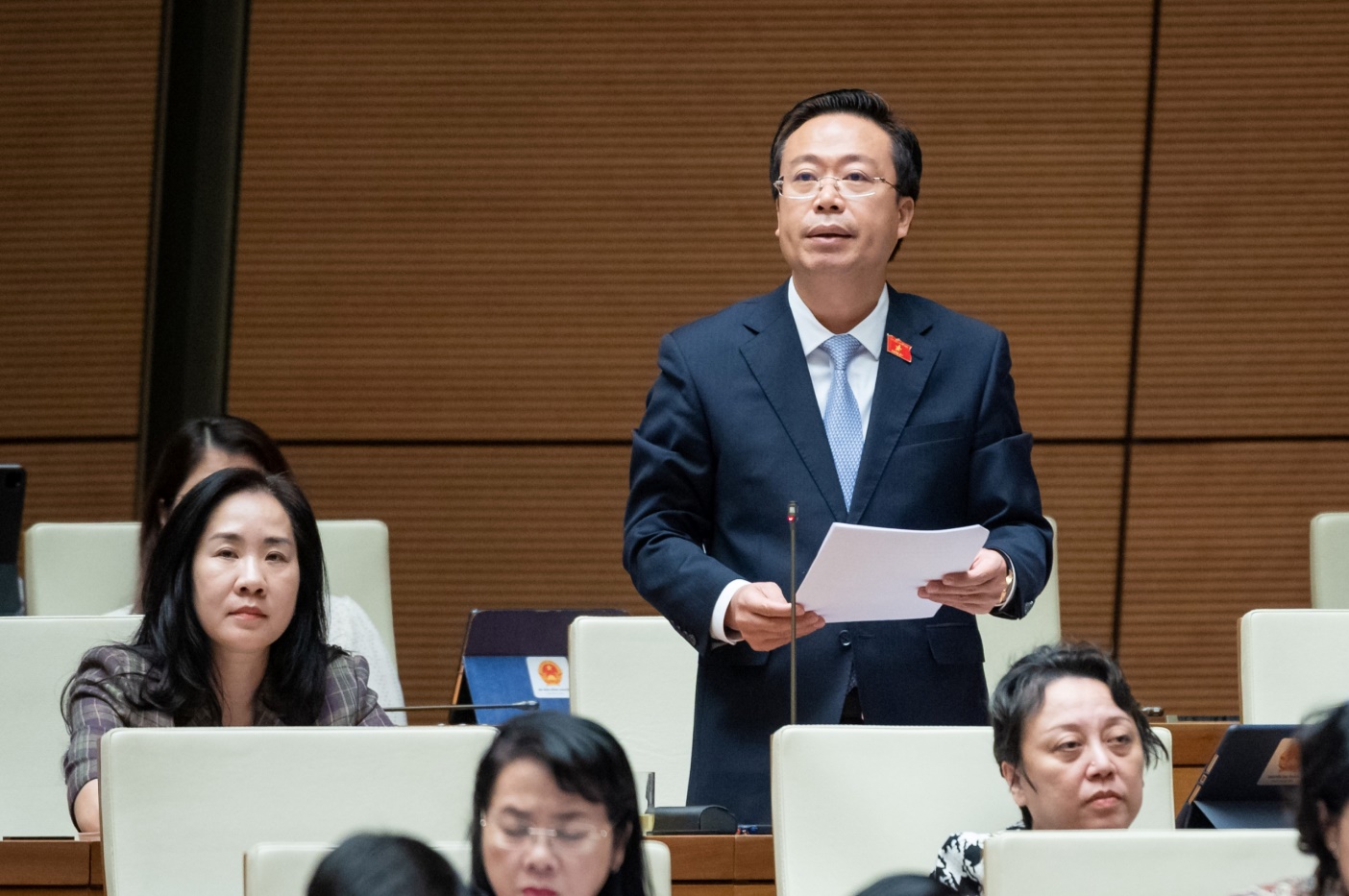
Delegate Nguyen Dai Thang (Hung Yen delegation).
Regarding this content, Minister Nguyen Manh Hung shared that in 2023-2024, 14-15 reporters were arrested each year. However, compared to 21,000 people with press cards and 45,000 journalists, these are "bad apples that spoil the barrel".
80% of the reporters arrested are from small magazines, professional associations, due to lax management by the managing agencies and editors of those magazines. Currently, the Ministry of Information and Communications has developed standards for identifying "newspaper-turned-magazines", for the whole society to monitor and serve the investigation and inspection.
The ideal model of journalism is "walking on two legs"
Participating in the debate, delegate Do Chi Nghia (Phu Yen delegation) emphasized the importance of press autonomy. State support is necessary, but it needs to be clearly oriented, focusing on supporting the press to perform well its role of policy communication, not just as a source of revenue for press agencies to maintain their operations.
Agreeing with the Prime Minister's directive on policy communication, Mr. Nghia said that the effectiveness of policy communication work is the most important thing.
Providing funding for press agencies to carry out policy communication tasks is necessary, but it is necessary to ensure that the press is autonomous and competitive with other information channels, especially social networks.
Mr. Nghia raised questions about the ability to mobilize financial resources for this activity.
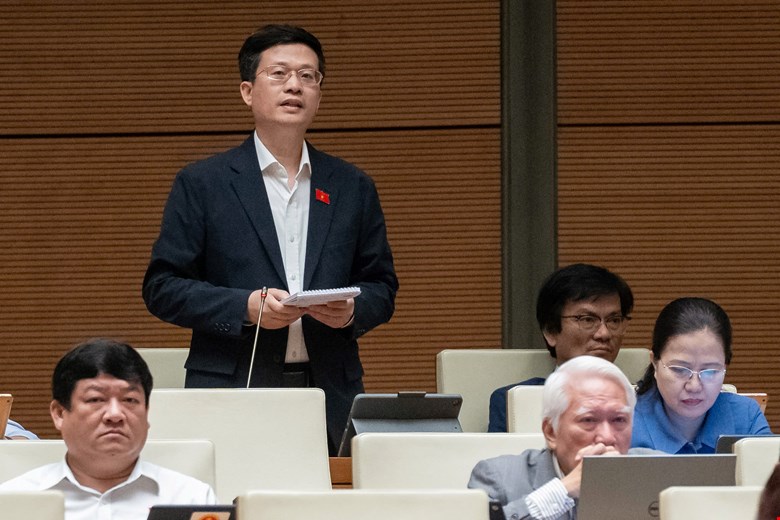
Delegate Do Chi Nghia (Phu Yen delegation).
Responding to delegates, Minister Nguyen Manh Hung pointed out the change in the operating model of Vietnamese press agencies. From being completely dependent on the state budget, the press has now shifted to finding its own sources of income to survive and develop. Currently, 30% of press agencies receive funding from the state budget, while 70% are self-sufficient.
However, many influential press agencies are currently not supported and are completely dependent on the market. Therefore, the State ordering media and paying for expenses is a form of press support.
"The ideal press model is one that walks on two legs, combining receiving orders from the State and finding its own revenue sources in the market," the Minister of Information and Communications acknowledged.
Source: https://www.baogiaothong.vn/bo-truong-nguyen-manh-hung-xay-dung-co-che-dac-thu-cho-cac-co-quan-bao-chi-chu-luc-192241112101358218.htm



![[Photo] Closing of the 11th Conference of the 13th Central Committee of the Communist Party of Vietnam](https://vstatic.vietnam.vn/vietnam/resource/IMAGE/2025/4/12/114b57fe6e9b4814a5ddfacf6dfe5b7f)




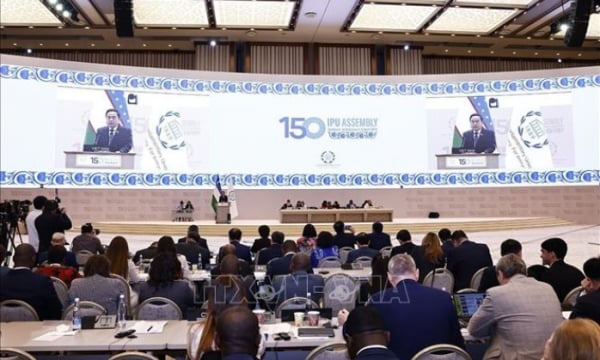

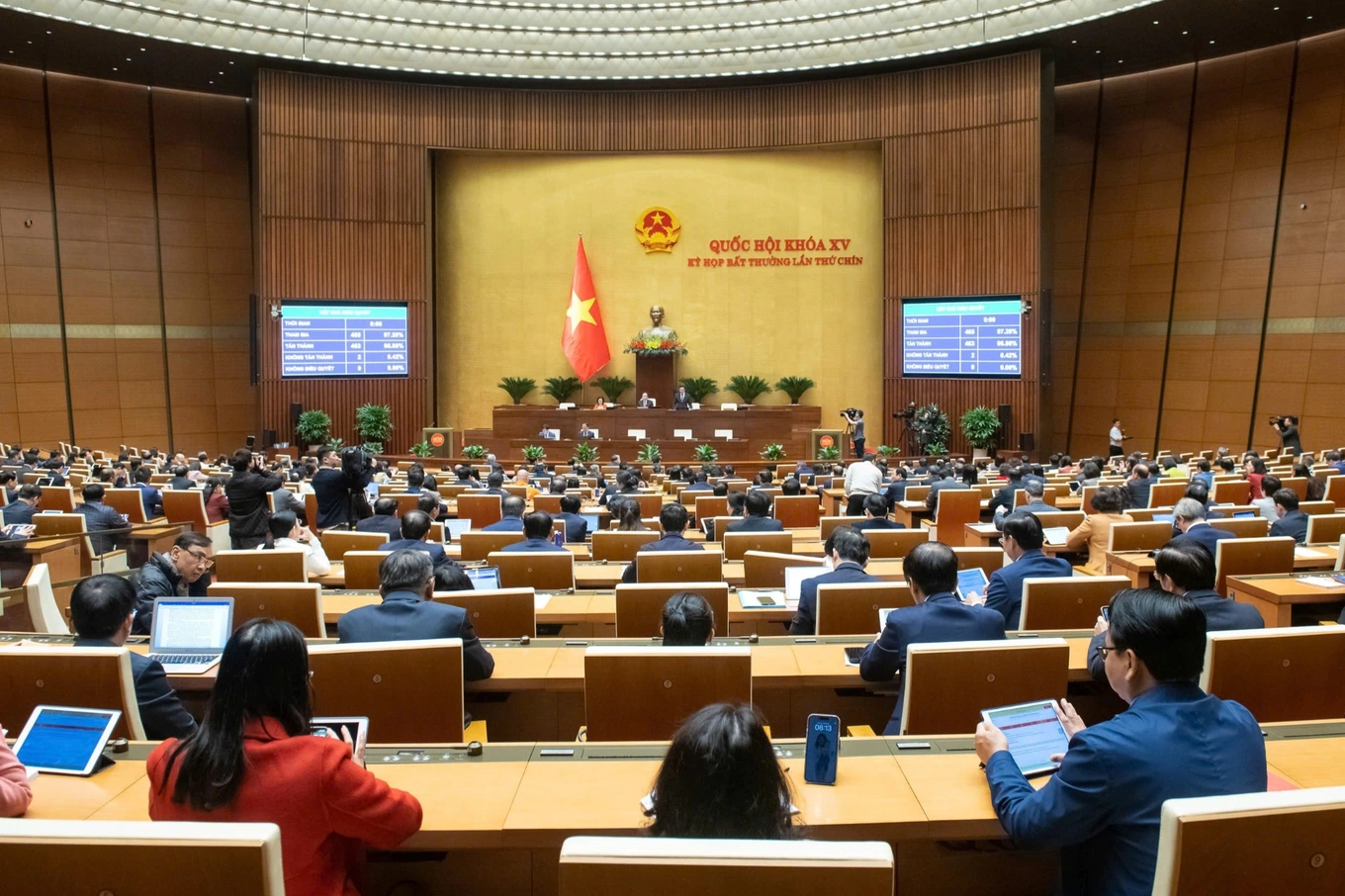

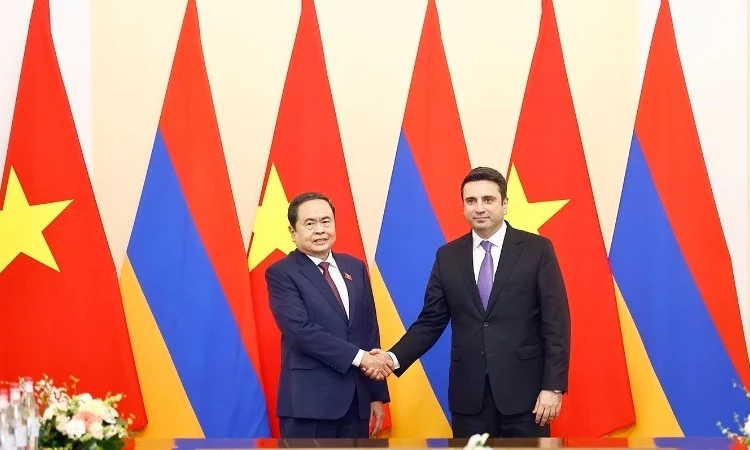
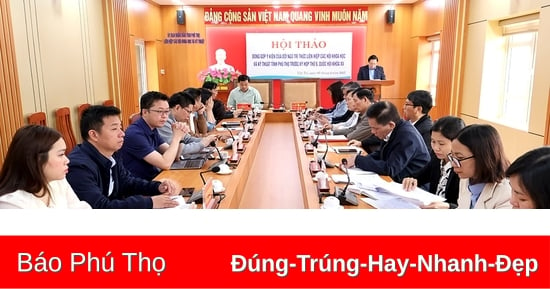
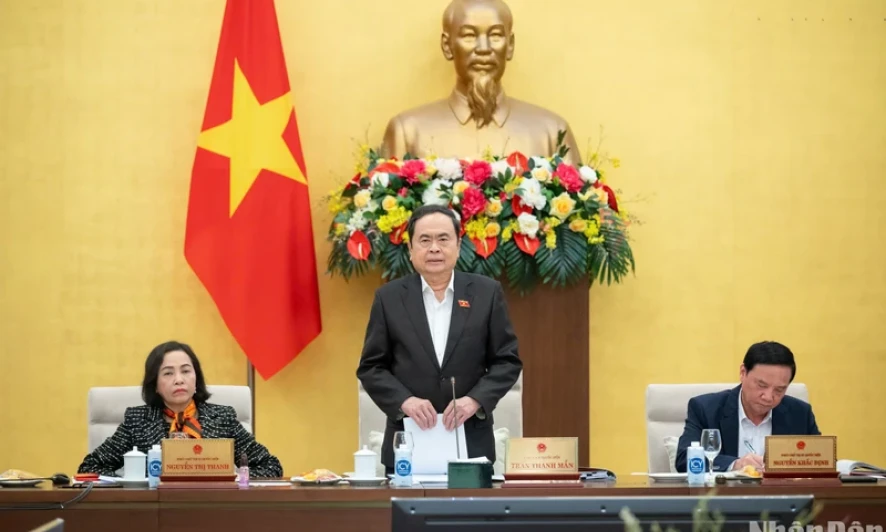
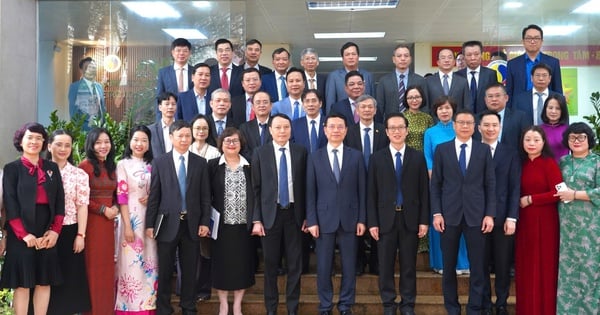

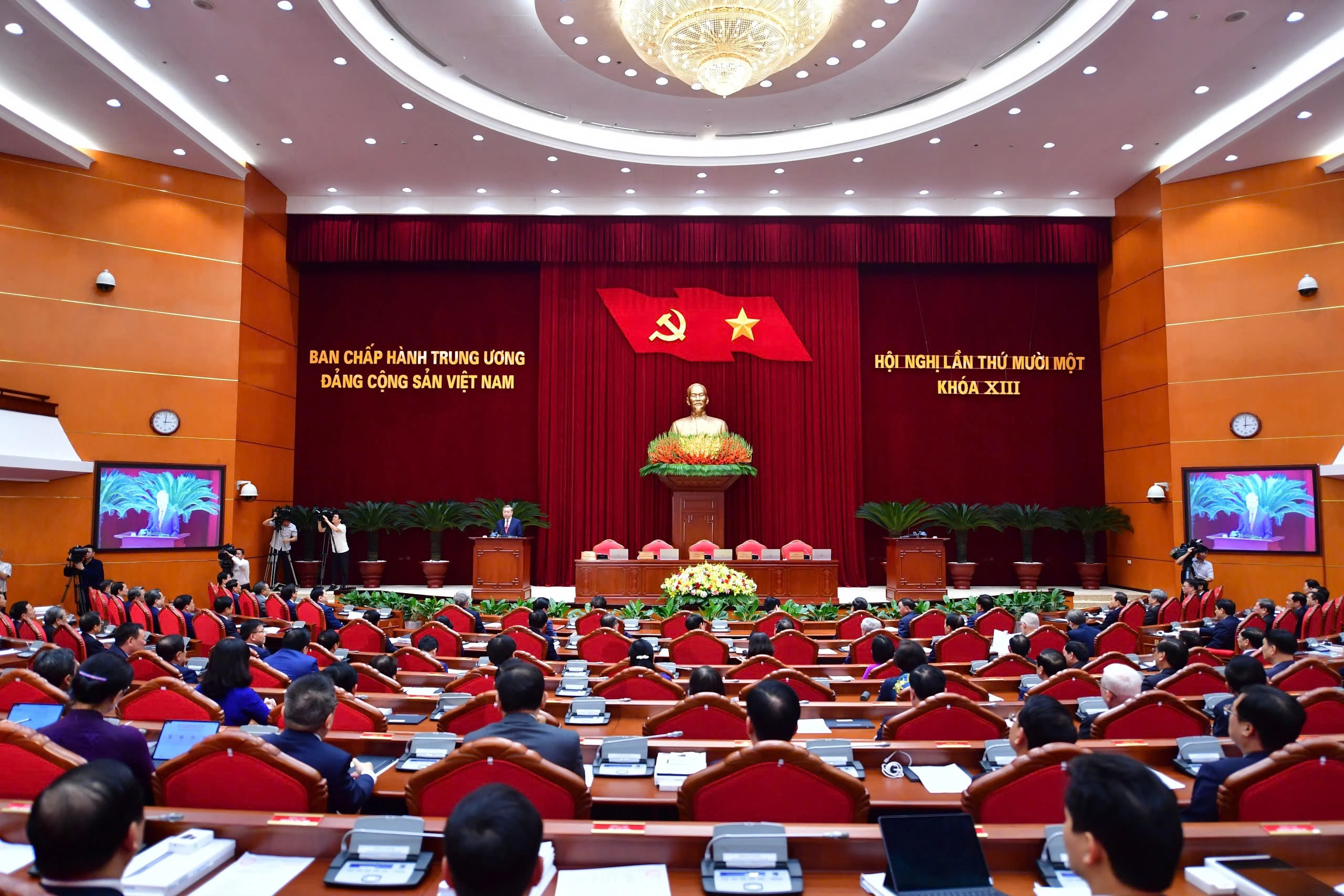



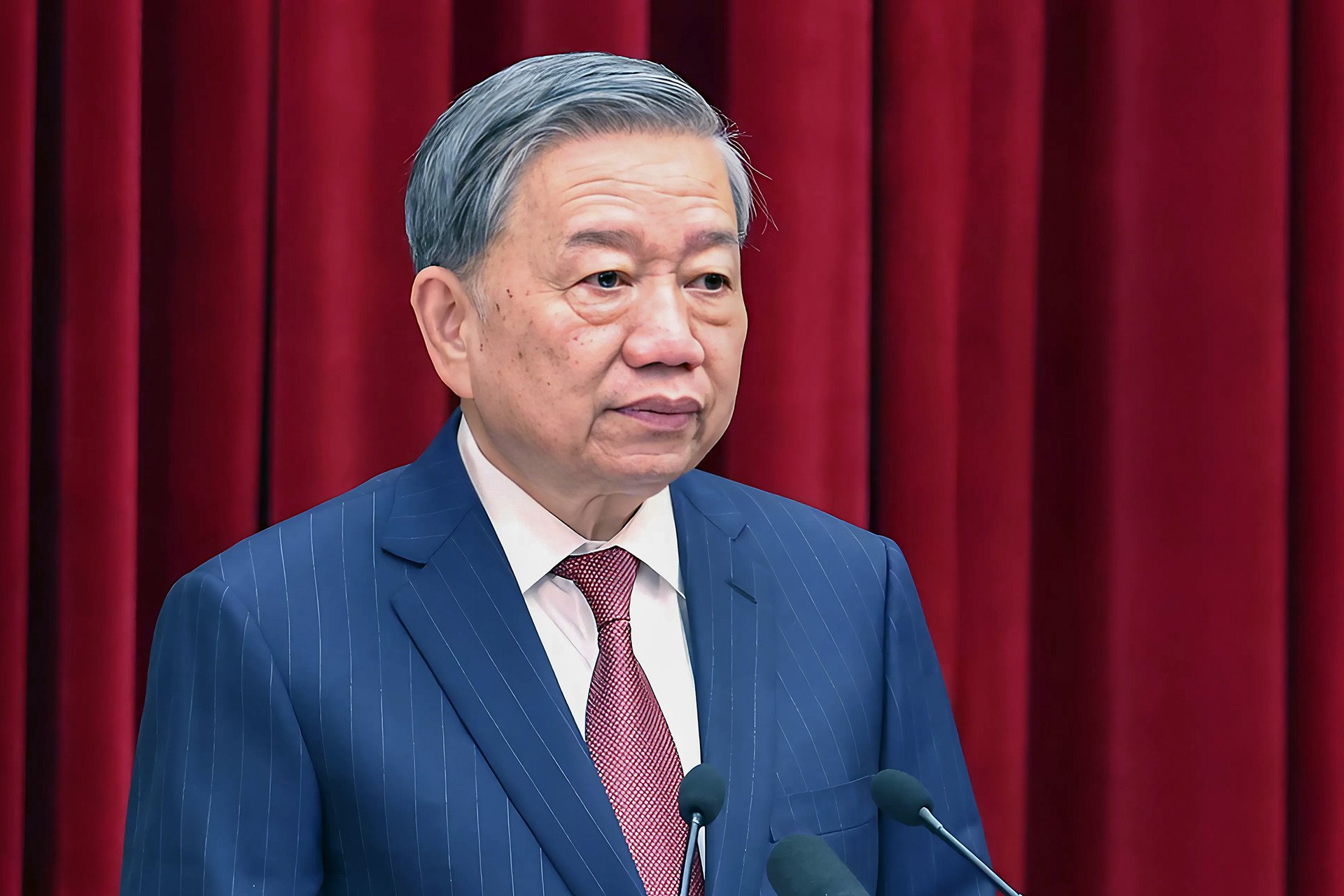
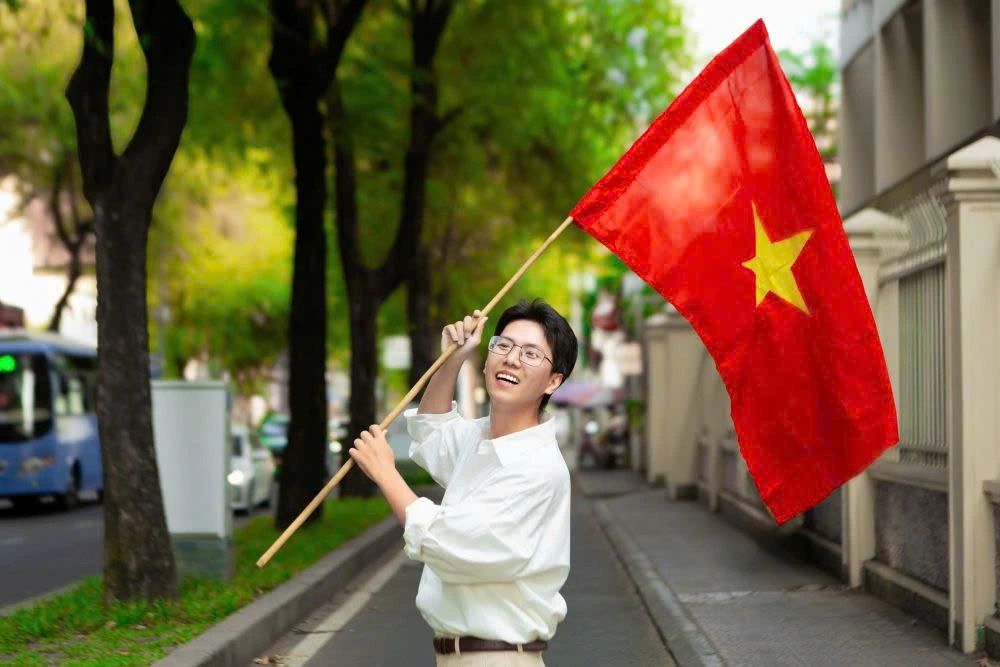










![[Photo] Overcoming all difficulties, speeding up construction progress of Hoa Binh Hydropower Plant Expansion Project](https://vstatic.vietnam.vn/vietnam/resource/IMAGE/2025/4/12/bff04b551e98484c84d74c8faa3526e0)
















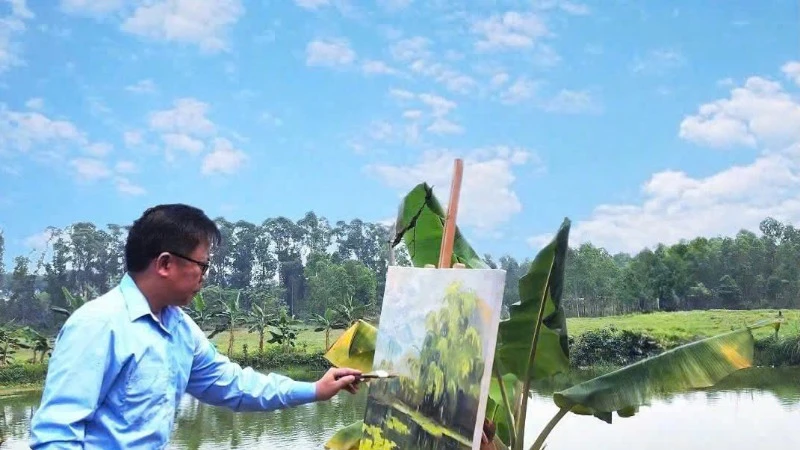
















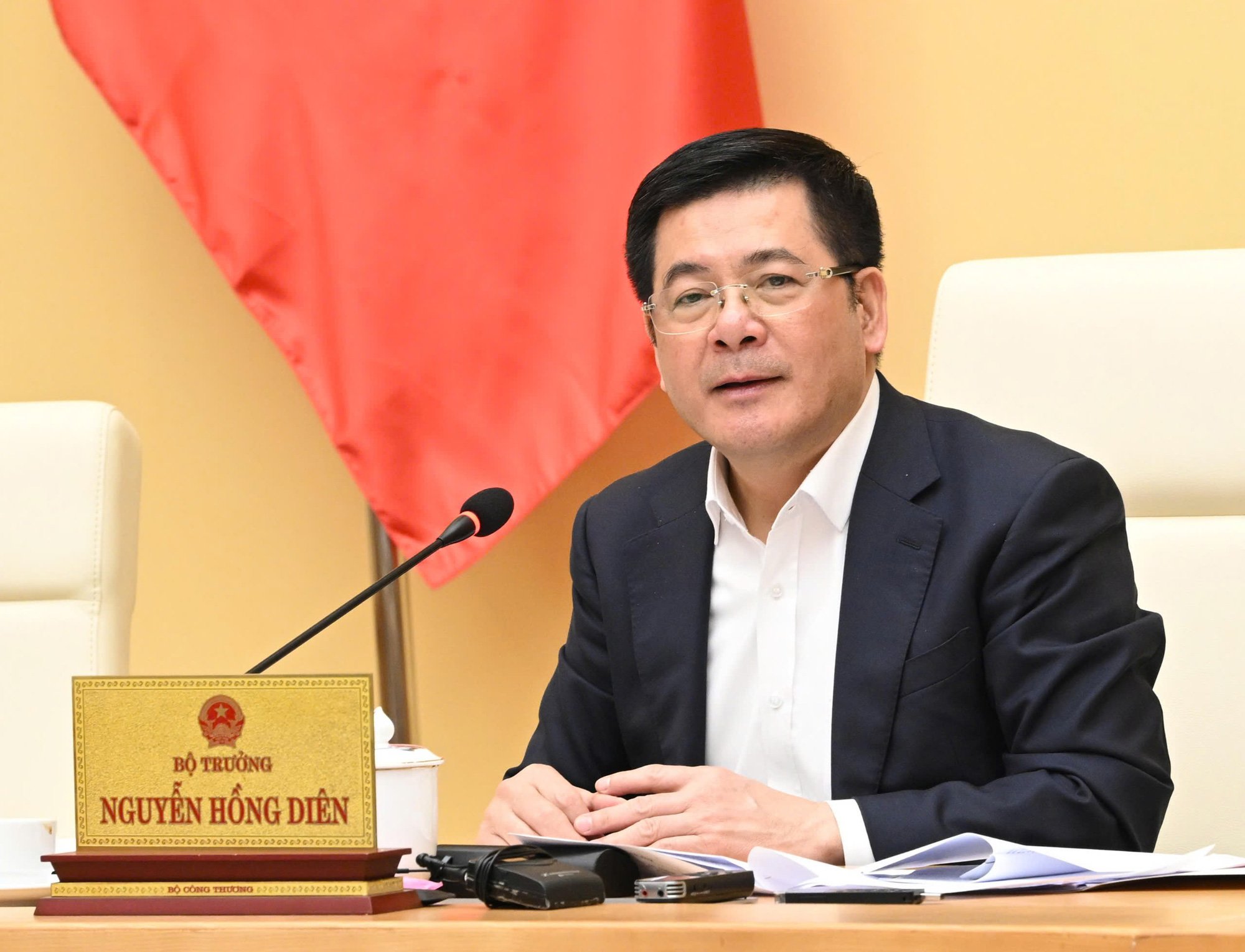
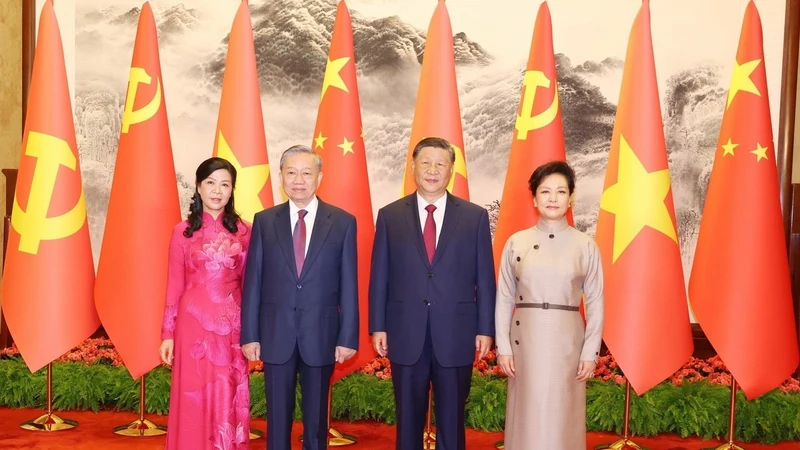










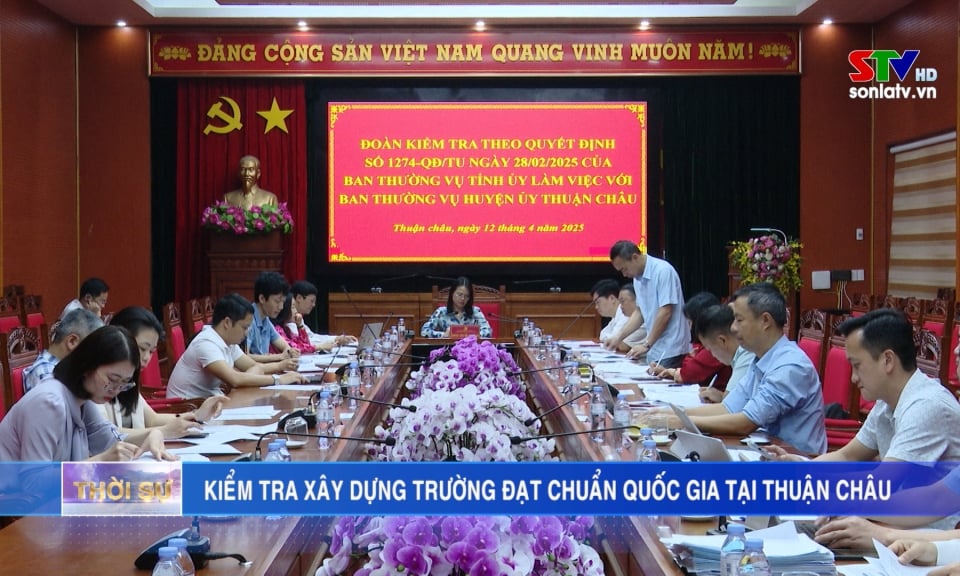
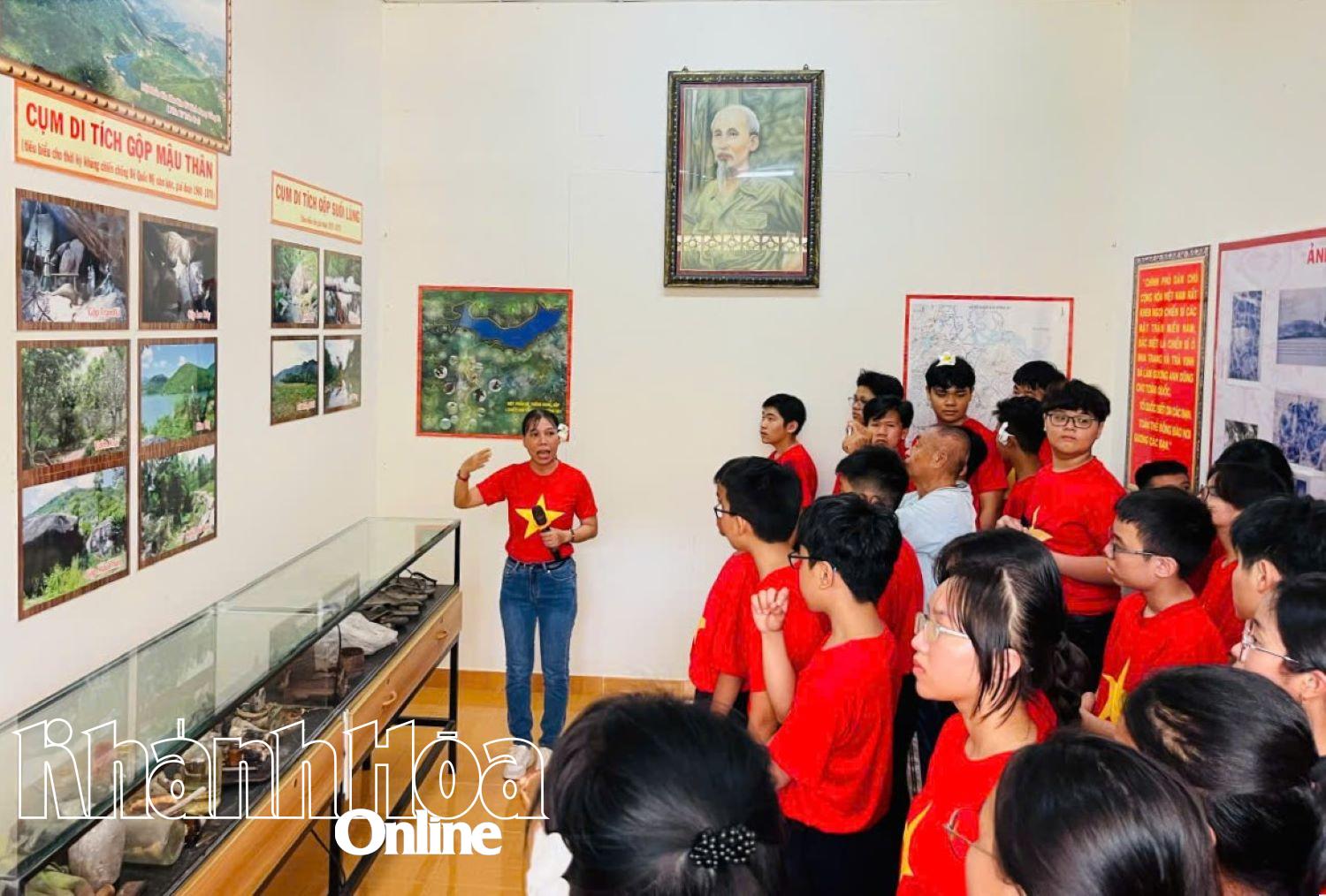

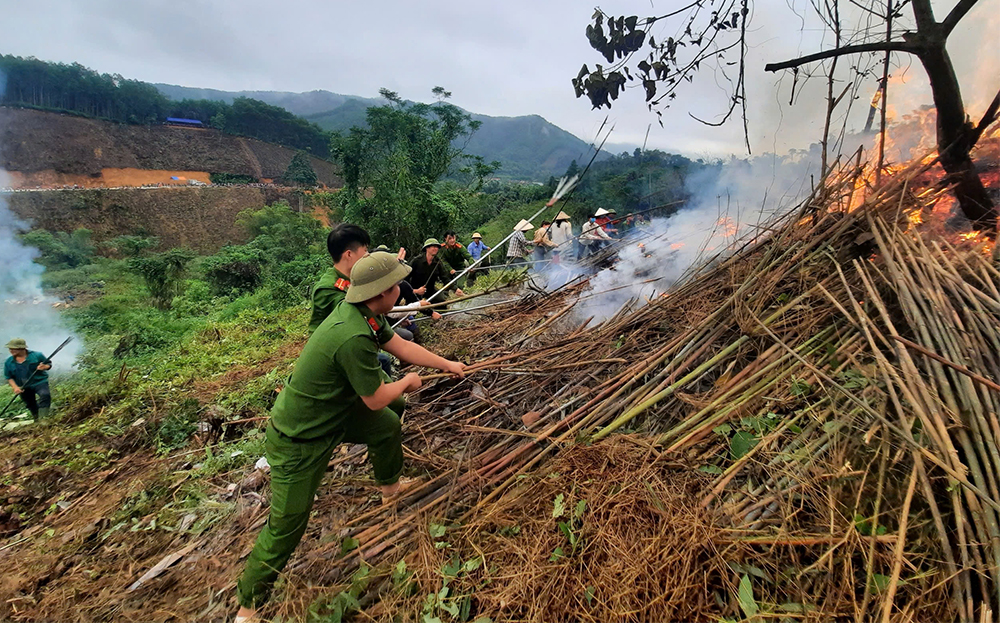


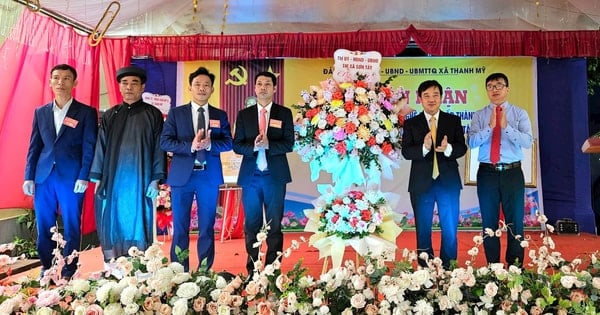










Comment (0)